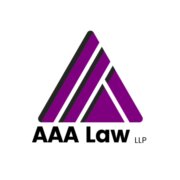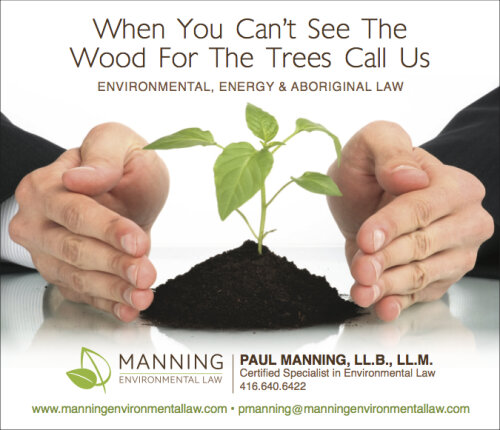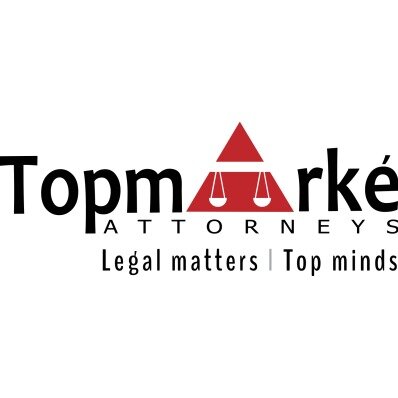Best Mining Law Lawyers in Toronto
Share your needs with us, get contacted by law firms.
Free. Takes 2 min.
List of the best lawyers in Toronto, Canada
About Mining Law in Toronto, Canada
Mining Law in Toronto, Canada, covers the complex set of legal rules and policies that govern mineral exploration, development, extraction, and post-mining land use within Toronto and the province of Ontario. This branch of law balances economic development opportunities with environmental protection, indigenous rights, and public interests. Core issues include obtaining mining rights, negotiating mining agreements, compliance with regulations, environmental assessment, and community engagement. The Mineral Tenure system in Ontario allows individuals or companies to obtain mineral rights from the government. Since Toronto is home to many mining companies and related financial services, understanding the legal framework is vital for operating within the local industry.
Why You May Need a Lawyer
Engaging a lawyer experienced in Mining Law can be essential for navigating the highly regulated landscape of mining in Toronto and Ontario. Common situations where legal assistance is often required include:
- Acquiring mineral claims or rights to explore and extract resources
- Negotiating exploration and option agreements with other companies or landowners
- Applying for permits and environmental approvals
- Ensuring compliance with health, safety, and environmental legislation
- Dealing with disputes over land access, boundaries, or mineral rights
- Addressing indigenous land claims and duty to consult obligations
- Handling joint ventures, mergers, and acquisitions involving mining assets
- Resolving regulatory enforcement actions or allegations of non-compliance
- Mining closures and post-mining land use issues
- Protecting intellectual property related to mining technology and processes
An experienced Mining Law lawyer in Toronto can help ensure your interests are protected, your projects remain legally compliant, and you are aware of your rights and obligations at every stage of the mining process.
Local Laws Overview
Mining activities in Toronto and throughout Ontario are primarily governed by the Mining Act, RSO 1990, a key piece of legislation that outlines the rights and obligations regarding mineral exploration, staking claims, development, production, and rehabilitation. Key aspects include:
- Mineral Tenure: The province owns most minerals; individuals or companies can acquire exploration and extraction rights by staking mining claims and complying with the Mining Act.
- Permitting and Environmental Assessment: Major mining projects usually require environmental assessments under both provincial and sometimes federal regulations. The permitting process is comprehensive and evaluates environmental, social, and economic impacts.
- Consultation: Developers are legally obligated to consult with Indigenous communities whose rights may be affected by mining activities in recognition of reconciliation and constitutional obligations.
- Market Regulation: Securities and stock exchange regulations are important for mining companies based in Toronto, a global mining finance center. The Toronto Stock Exchange (TSX) enforces strict disclosure requirements.
- Rehabilitation and Closure: Companies must submit and fund closure plans to restore mined lands, prevent pollution, and ensure public safety after mining operations end.
Other applicable laws include federal legislation such as the Canadian Environmental Protection Act and provincial statutes like the Aggregate Resources Act and the Environmental Assessment Act.
Frequently Asked Questions
What is the Mining Act and how does it apply in Toronto?
The Mining Act is Ontario’s main law regulating the acquisition of mineral rights, exploration, development, and production of minerals. It applies in Toronto but, practically, most active mining operations are outside the metro area, while legal and financial headquarters may be in the city.
Can anyone stake a mining claim in Ontario?
Yes, individuals and companies can stake claims on Crown land, subject to rules under the Mining Act and electronic mining claim registration. However, special restrictions may apply in protected areas or on private and Indigenous lands.
What permits do I need to start a mining operation?
You will likely need approvals from various provincial ministries, including exploration permits, environmental assessment approvals, and water or waste management permits. Federal approvals may also be required for certain projects.
How are Indigenous rights accommodated in mining?
The Crown has a duty to consult and, where appropriate, accommodate Indigenous communities whose rights may be affected by mining operations. This often involves engagement, impact benefit agreements, and sometimes revenue sharing.
Do mining companies need to rehabilitate land after mining?
Yes, Ontario law requires mining companies to prepare closure plans and commit to financial assurance for the costs of rehabilitating mined lands, preventing environmental harm, and ensuring public safety.
Is Toronto a good place to establish a mining company?
Toronto is widely recognized as the global center of mining finance and legal expertise. Many mining companies have headquarters, legal advisors, and financial partners in the city, making it a favorable location for business operations.
What laws protect the environment during mining?
Environmental protection is governed by both provincial and federal legislation, including the Environmental Assessment Act and the Canadian Environmental Protection Act. These laws require thorough environmental review and ongoing monitoring.
What are the risks of mining without proper legal guidance?
Mining without legal counsel exposes you to risks including loss of mineral rights, regulatory penalties, lawsuits, environmental liabilities, and project delays due to non-compliance or inadequate consultation.
What is a joint venture agreement in mining?
A joint venture agreement is a legally binding contract between parties collaborating on a shared mining project. It details ownership rights, profit-sharing, decision-making, and risk allocation.
What should I do if I am involved in a mining dispute?
If you encounter a dispute relating to mining rights, contracts, land access, or regulatory compliance, consult a lawyer who specializes in Mining Law to explore negotiation, mediation, or litigation options.
Additional Resources
Several resources can provide more information and support for those needing legal assistance or guidance in Mining Law:
- Ministry of Mines (Ontario): Responsible for regulating mineral exploration and mining activities in Ontario.
- Law Society of Ontario: Offers lawyer referral services and information about legal professionals specializing in Mining Law.
- Prospectors and Developers Association of Canada (PDAC): Based in Toronto, this organization represents the Canadian mineral exploration and development industry.
- Ontario Mining Association (OMA): A resource for industry best practices and policy updates.
- Canadian Institute of Mining, Metallurgy, and Petroleum (CIM): Provides information on professional standards and mining operations.
- Natural Resources Canada (NRCan): Federal resource for national mining policies and data.
Next Steps
If you need legal advice or representation in Mining Law, consider the following steps:
- Gather all relevant documents, correspondence, and details about your project or issue.
- List your questions and concerns regarding your mining interests, rights, or obligations.
- Search for a lawyer or law firm in Toronto with expertise in Mining Law. The Law Society of Ontario can assist you in finding qualified professionals.
- Schedule a consultation to discuss your situation, get tailored legal advice, and determine the best path forward.
- Stay informed about ongoing regulatory changes by subscribing to industry updates and using reputable local and national mining resources.
Proper legal guidance will help you manage risks, comply with complex regulations, and maximize your opportunities in the vibrant Toronto mining sector.
Lawzana helps you find the best lawyers and law firms in Toronto through a curated and pre-screened list of qualified legal professionals. Our platform offers rankings and detailed profiles of attorneys and law firms, allowing you to compare based on practice areas, including Mining Law, experience, and client feedback.
Each profile includes a description of the firm's areas of practice, client reviews, team members and partners, year of establishment, spoken languages, office locations, contact information, social media presence, and any published articles or resources. Most firms on our platform speak English and are experienced in both local and international legal matters.
Get a quote from top-rated law firms in Toronto, Canada — quickly, securely, and without unnecessary hassle.
Disclaimer:
The information provided on this page is for general informational purposes only and does not constitute legal advice. While we strive to ensure the accuracy and relevance of the content, legal information may change over time, and interpretations of the law can vary. You should always consult with a qualified legal professional for advice specific to your situation.
We disclaim all liability for actions taken or not taken based on the content of this page. If you believe any information is incorrect or outdated, please contact us, and we will review and update it where appropriate.

















